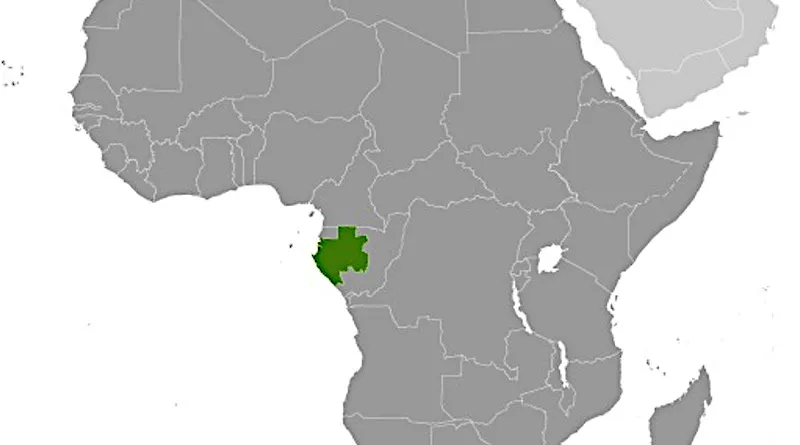The African Union, the continental organization uniting 54 African States, in official media release dated August 30, suspended the membership of the Republic of Gabon over the unexpected military coup d’état, which deposed President Ali Bongo, in the country.
The official document seen by Modern Diplomacy also strongly condemns the attempted coup d’état as a means out of the current post-electoral crisis, and further described that “the action constitutes a flagrant violation of the legal and political instruments of the African Union, including the African Charter on Elections, Democracy and Governance.”
Chairperson of the AU Commission, Moussa Faki Mahamat, in the published document, has already called on the national army and security forces to adhere strictly to their republican vocation and to guarantee the physical integrity of the President of the Republic, members of his family, and those of his government.
According to the document, Moussa Faki Mahamat further encourages all political, civil and military actors in the Republic of Gabon to give priority to peaceful political avenues, and a rapid return to democratic constitutional order in the country.
The latest developments monitor by this author showed that the military leaders have named the Head of the Presidential Guard, Brice Clotaire Oligui Nguema, as Gabon’s interim leader.
Across Africa, military takeovers have become a new trend on the political landscape. Africa has witnessed eight military coup d’états, at least, in the last five years. In the Republic of Sudan, President Omar Al-Bashir was removed in April 2019. In the Republic of Mali, Col. Assimi Goita and his group overthrew President Ibrahim Boubacar Keita.
That is not all to the military’s political adventures. Burkina Faso, Guinea and Chad have such common developments. The army ousted and detained President Roch Kabore, and so also was the situation with President Alpha Conde. In Niger, Gen. Abdourahamane Tchiani, a former Commander of the presidential guard, and his army colleagues have removed President Mohamed Bazoum.
Our monitoring shows further that previously, the African Union also suspended the membership of Burkina Faso, Mali, Niger and Guinea. AU also imposed some sanctions. Sanctions have become the main tool for the African Union.
The frequency of military involvement in politics, experts say, stems partially from the fact that the AU and other regional blocs are failing in their responsibility of addressing the basic development needs of the impoverished population throughout the continent.
We can recall that in August 2023, the AU’s Peace and Security Council in conjunction with Economic Community of West African States (ECOWAS) imposed eight (8) stringent sanctions on Niger which are as follows:
- Closure of Land and air borders between ECOWAS and Niger.
- Institution of ECOWAS no flight zone to all commercial flights to and fro Niger.
- Suspension of all commercial and financial transactions between ECOWAS member states and Niger.
- Freeze all service transactions including energy transactions.
- Freeze assets of Niger Republic in all ECOWAS Central banks.
- Freeze all Niger State and the state enterprises and Parastatals in commercial banks.
- Suspension of Niger from all financial assistance and transactions with all financial institutions.
- Impose travel bans on the military officials and their families involved in the coup attempt including anyone who accepts to take a position in the military government.
The African Union and the regional bloc ECOWAS have made some attempts in resolving the crisis in these coup d’état-ridden African States, but mostly and largely unsuccessful till today.
The African Union and ECOWAS sanctions affect their participation in all activities of the AU, ECOWAS and its institutions start “with immediate effect until constitutional order is restored in the country.”
The challenges facing nearly all African states deal with good governance in accordance with the principles of the rule of law, constitutional order and democracy. The greatest reason deals with the level of development and the exploitation of their natural resources.
At this stage of Africa’s development, many experts on Africa, both local and foreign, said the rising neo-colonial tendencies should be considered as the highest challenging task for all African leaders, the regional organizations/blocs and the African Union.
It has been suggested, severally, that the priority tasks obviously require working towards the provision of sustainable development and that is line with the African Union’s Agenda 2063 and the United Nations’ 2030 Agenda for Sustainable Development.

